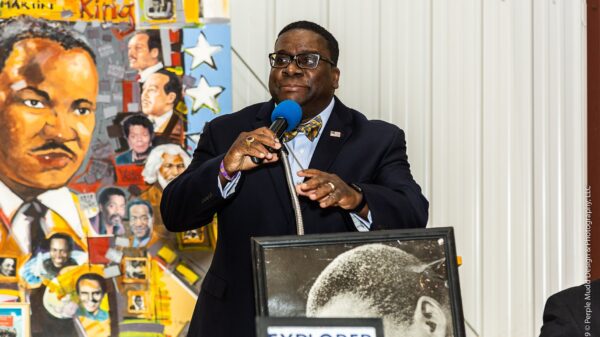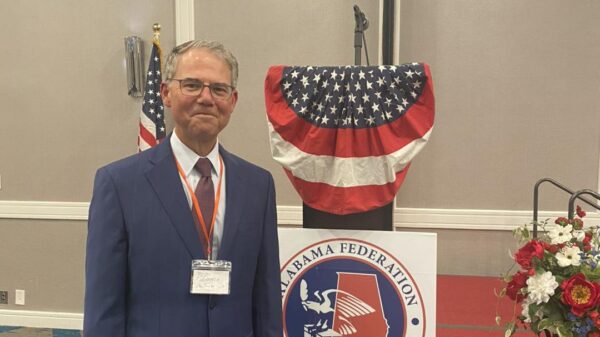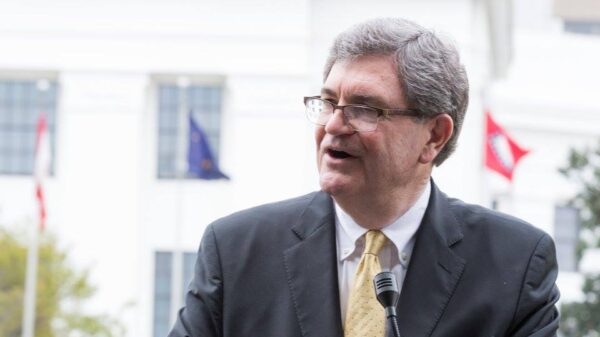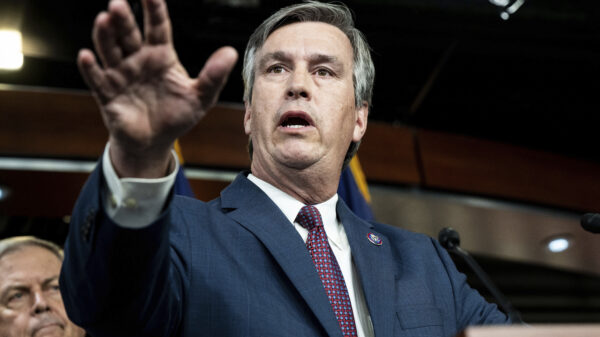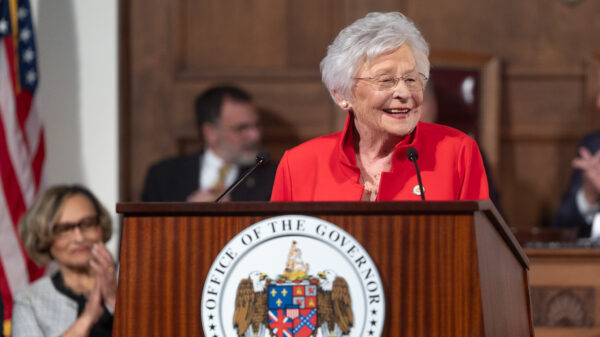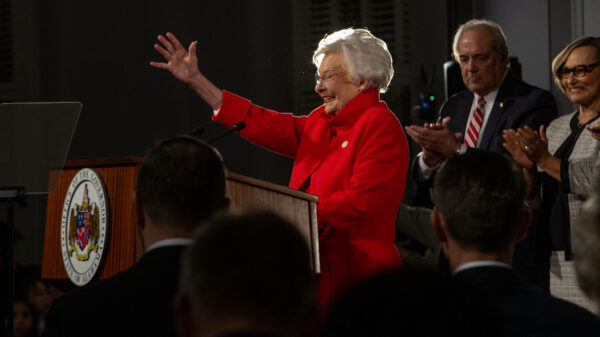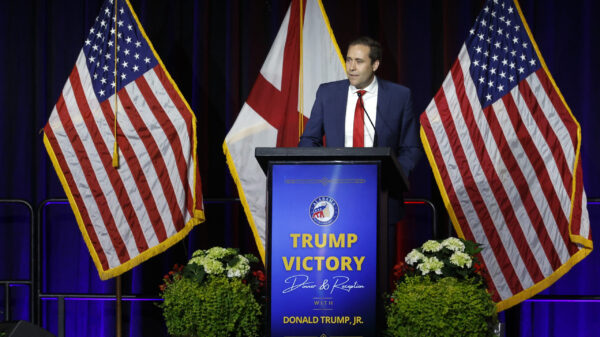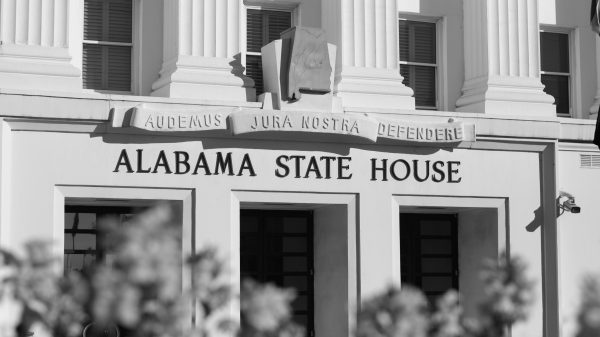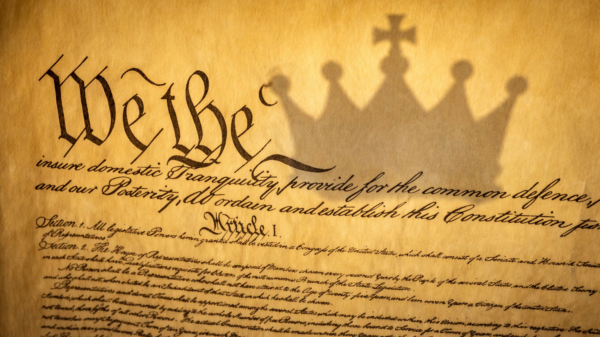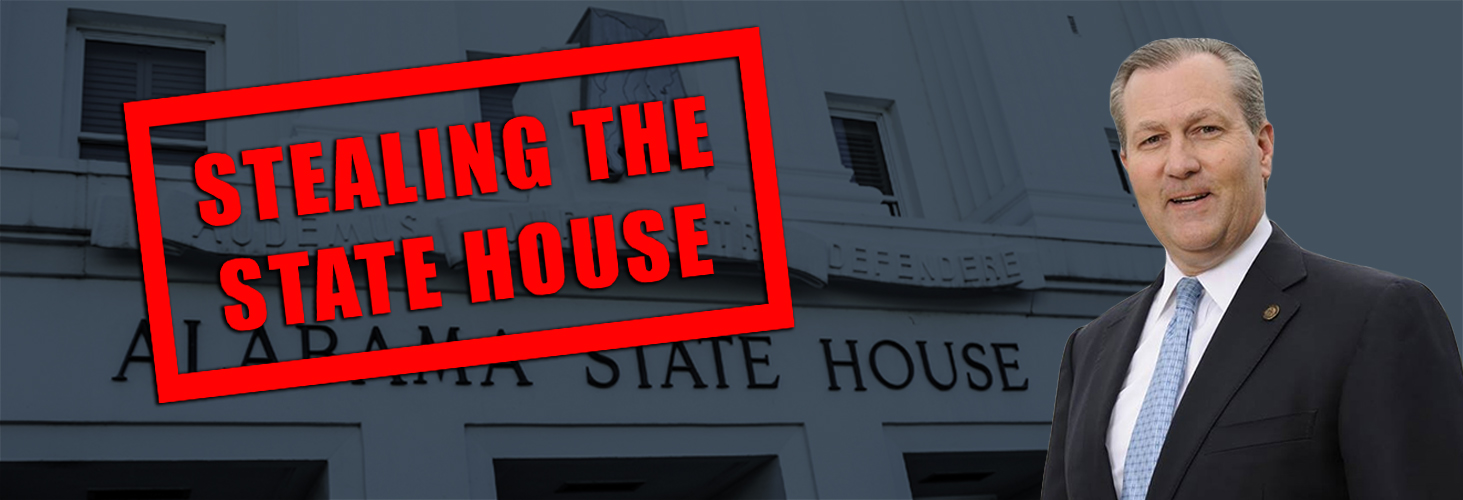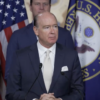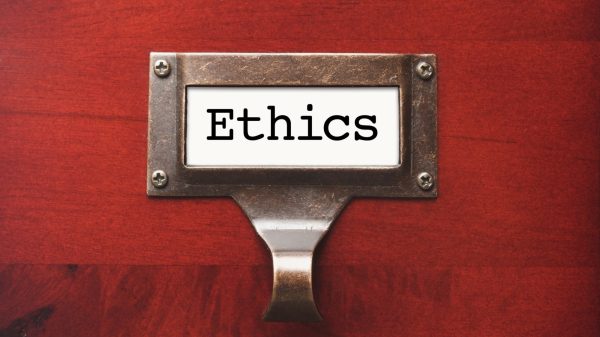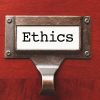By Bill Britt
Alabama Political Reporter
MONTGOMERY—Word around the State House is Speaker Mike Hubbard (R-Auburn) is in a panic to find sponsors for a bill that would exempt campaign contributions used for legal fees as being considered a “thing of value.”
Even before Hubbard was indicted on 23 felony counts of pubic corruption, he was using campaign contributions to pay attorneys. Many believe that is contrary to the controversial Attorney General’s opinion from 2000.
A 2000 opinion by then Attorney General Bill Pryor reads, “Excess campaign funds may be used by an incumbent office holder to pay legal fees incurred pursuant to the defense of a criminal indictment if the indictment is related to the performance of the duties of the office held.”
It is important to note that an Attorney General’s opinion does not carry the weight of law.
However, during the 2015 Regular Session, the Republican Supermajority codified that opinion into law and expanded it allowing public office holders to use campaign contributions for, “Legal fees and costs associated with any civil action, criminal prosecution, or investigation related to conduct reasonably related to performing the duties of the office held.”
What has not been addressed is whether this new law conflicts with the ethics laws passed in 2010.
State ethics law – Section 36-25-6 passed by the Republican Supermajority in 2010 states: “Contributions to an office holder, a candidate, or to a public official’s inaugural or transitional fund shall not be converted to personal use.”
The code also states in Section 36-25-5.1: “(a) No lobbyist, subordinate of a lobbyist, or principal shall offer or provide a thing of value to a public employee or public official or to a family member of the public employee or family member of the public official; and no public employee or public official or family member of the public employee or family member of the public official shall solicit or receive a thing of value from a lobbyist, subordinate of a lobbyist, or principal. Notwithstanding the foregoing, a lobbyist, or principal may offer or provide and a public official, public employee, or candidate may solicit or receive items of de minimis value.”
Hubbard has received hundreds of thousand of dollars from PACs controlled by lobbyists, as well as principles who have business before the legislature.
Thomas B. Albritton, Director of the Alabama Ethics Commission said that his office has not been asked to issue a formal opinion on whether using campaign funds for a legal defense is in conflict with the current ethics laws; but, said, “That raises an interesting question. It is one that would make the subject of a good formal opinion request. But, we have not been asked to consider that issue.”
Now, it appears that there may be even more trouble for the embattled speaker, who has relied on large campaign contributions from corporate big-wigs to mount an ever expanding and expensive legal defense.
Money from PACs controlled by lobbyists, which previously flowed abundantly into Hubbard’s campaign coffers, has now vanished into his legal fees.

